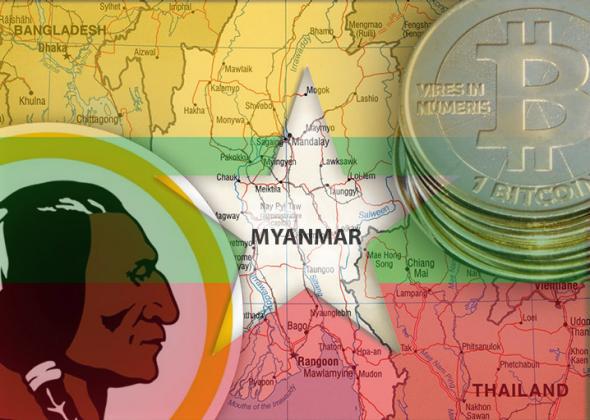As language evolves, so must a magazine’s stylebook. The question of when and why is more complicated—the pressures of an accelerating culture, of the Internet, are constant. In everyday practice Slate tries to be supple with vernacular, while ultimately remaining conservative for the sake of clarity and consistency. Like many publications, we rely on the AP Stylebook as the basis for ours, but we frequently find ourselves moving faster (or slower) than AP, or straight-up contradicting it. Here are 10 notable examples:
bitcoin: When the electronic currency gained prominence, AP differentiated between “Bitcoin” the concept and “bitcoin” the currency. Huh? We went with lowercase from the start. AP caught up later.
serial comma: We use it.
black/African-American: Slate recently codified a shift away from using “–American” hyphenates to describe race. Many good reasons have been documented elsewhere. Simply put, as time goes on the “geographic origin” assignation makes less and less sense as a racial term—it is too easily confused with terms for actual recent immigrants, and no one uses European-American for white. We prefer black and black American unless a subject’s preference is explicitly given.
to: We have long prided ourselves on our idiosyncratic rules for headline casing. One of our quirkiest was a longstanding rule to capitalize To in headlines when used as part of an infinitive. So, “Dog Runs to Man,” but, “Bee Is Free To Buzz.” No more. It just became too confusing for everyone.
over/more than: Despite a recent controversial change by AP, Slate continues to prefer more than with quantities and leave over to the spatial comparisons. We’re idiosyncratic, not insane. For now.
Myanmar/Burma: The name debate has abated slightly with the country’s recent political reforms. While Slate originally stuck to Burma, resisting the adoption of Myanmar by AP and other news organizations (interestingly, there was something of a divide between U.S. newspapers and U.S. magazines), that stance has softened, as has the State Department’s. Like our president, we can now be found referring to both Myanmar (also known as Burma) and Burma (also known as Myanmar), defaulting to the former.
Washington, D.C.’s professional football team: This has been covered extensively.
hardcore: True word acceptance often involves the culture at large deciding once and for all that a hyphen should be removed. We persevered with “hard-core” until very recently.
paywall: Similarly, we only just removed the hyphen from “pay-wall”—a decision prompted, in fact, by the launch of Slate Plus, so we could tell you with confidence that we know what we’re talking about when we tell you that Slate Plus is not, in fact, a paywall.
ping-pong: But sometimes the hyphen just needs to be there.
